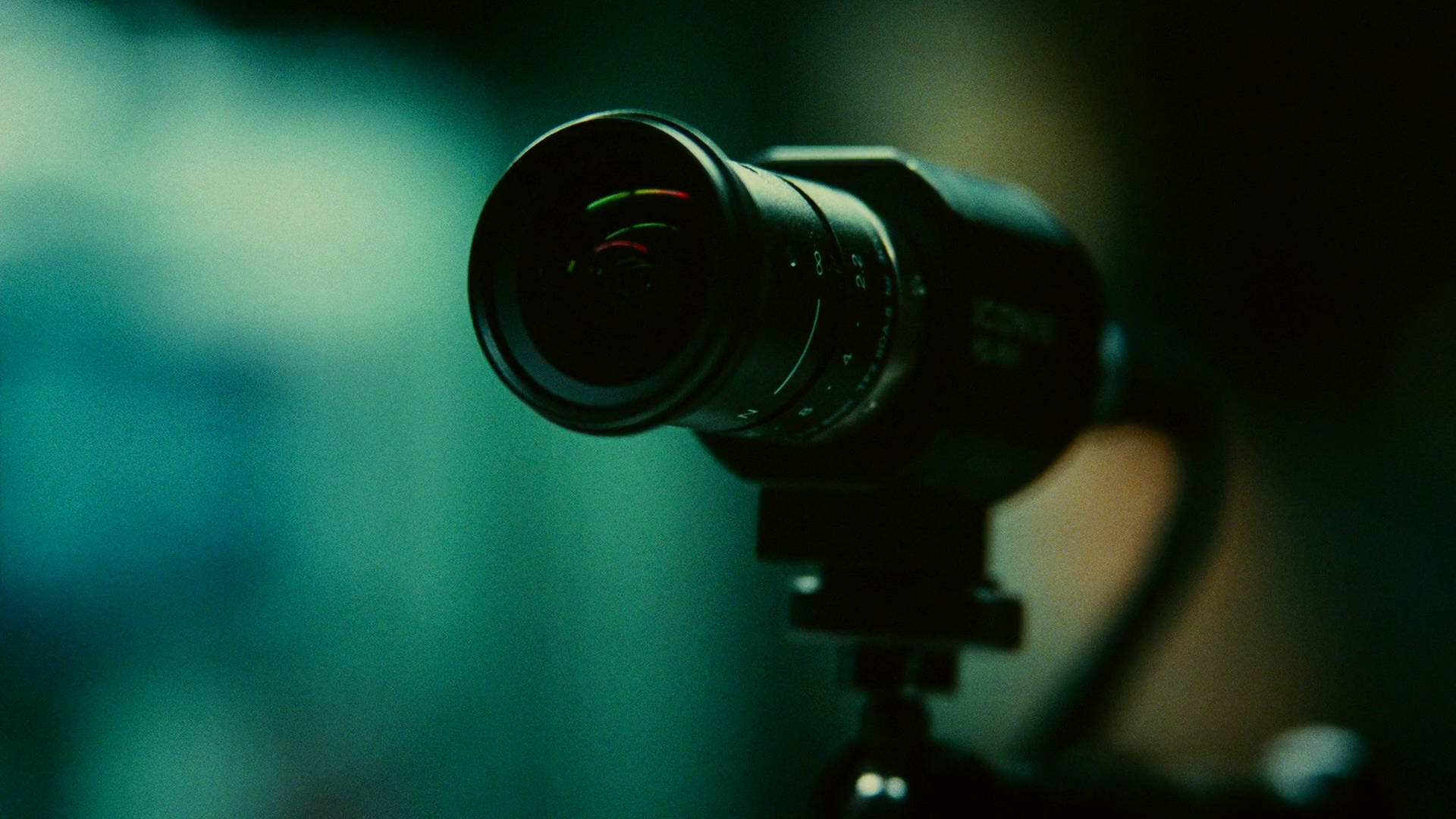Top Cameras for Photography: A Comprehensive Review
Photography is an art form that captures moments, tells stories, and creates lasting memories. In the digital age, the right camera can make all the difference in achieving stunning results. With numerous options available on the market, selecting the best camera for your needs can be overwhelming. This guide will delve into the top cameras for photography, highlighting their pros and cons, and providing custom reviews to help you make an informed decision.

Why Choose the Right Camera?
Choosing the right camera is crucial for photographers at all levels, from beginners to professionals. A good camera can enhance your skills and creativity, enabling you to capture high-quality images that truly reflect your vision. Factors to consider include:
- Image Quality: Resolution, dynamic range, and color accuracy.
- Ease of Use: User interface, controls, and features.
- Portability: Size and weight for travel and on-the-go photography.
- Price: Budget considerations based on features and brand reputation.
Key Features to Consider

Before diving into individual camera reviews, let’s examine some essential features that can impact your photography experience:
Sensor Size
Larger sensors generally capture more light and detail, leading to better image quality. Full-frame sensors offer the best performance but come at a higher cost.
Autofocus System
A robust autofocus system is crucial for capturing sharp images, especially in fast-paced environments. Look for cameras with fast and accurate autofocus points.
Lens Compatibility
Consider the range of lenses available for the camera system. Interchangeable lens systems offer versatility for different photography styles.
Video Capabilities
For those interested in videography, having good video recording options (4K, slow motion, etc.) is a significant advantage.
Battery Life
Long battery life ensures you won’t miss critical moments during shoots, especially for events or travel photography.
Top 10 Cameras for Photography
1. Canon EOS R5
Pros:
- Stunning image quality with a 45MP full-frame sensor.
- Fast and accurate dual-pixel autofocus.
- 8K video recording capabilities.
Cons:
- High price point.
- Overheating issues during prolonged video recording.
2. Nikon Z7 II
Pros:
- 45.7MP full-frame sensor for exceptional detail.
- Dual card slots for expanded storage options.
- Excellent low-light performance.
Cons:
- Limited native lens selection compared to Canon and Sony.
- Heavier than some mirrorless counterparts.
3. Sony A7 IV
Pros:
- 33MP full-frame sensor with excellent dynamic range.
- Versatile autofocus system with real-time eye tracking.
- 4K video capabilities.
Cons:
- Complex menu system for beginners.
- Battery life could be improved.
4. Fujifilm X-T4
Pros:
- 26MP APS-C sensor with stunning color reproduction.
- In-body image stabilization for sharp handheld shots.
- Compact and lightweight design.
Cons:
- Limited low-light performance compared to full-frame sensors.
- Video features may not satisfy professional videographers.
5. Panasonic Lumix S5
Pros:
- Full-frame 24.2MP sensor with excellent video features.
- Great ergonomics and handling.
- Dual native ISO for enhanced low-light performance.
Cons:
- Autofocus not as reliable as competitors.
- Lens selection is still growing.
6. Olympus OM-D E-M1 Mark III
Pros:
- Compact design with a 20MP Micro Four Thirds sensor.
- Exceptional in-body image stabilization.
- Great for travel photography.
Cons:
- Smaller sensor may not perform as well in low light.
- Limited high-ISO performance.
7. Leica Q2
Pros:
- 47MP full-frame sensor with superb image quality.
- Fixed 28mm lens ideal for street photography.
- Rugged and stylish design.
Cons:
- Fixed lens limits versatility.
- Expensive compared to other options.
8. Canon EOS Rebel T8i
Pros:
- User-friendly for beginners.
- Solid image quality with a 24MP APS-C sensor.
- Vari-angle touchscreen for creative shooting angles.
Cons:
- Slower autofocus compared to mirrorless options.
- Limited advanced features.
9. Nikon D850
Pros:
- 45.7MP full-frame sensor with remarkable detail.
- Excellent battery life and rugged build.
- Great for both stills and video.
Cons:
- Bulkier than mirrorless options.
- Steeper learning curve for beginners.
10. GoPro HERO11 Black
Pros:
- Compact and waterproof, perfect for adventure photography.
- High-quality video capabilities (up to 5.3K).
- Versatile mounting options for unique angles.
Cons:
- Limited in low-light performance.
- Small sensor compared to larger camera systems.
Conclusion
Selecting the right camera depends on your specific photography needs, style, and budget. Each of the cameras reviewed above has its strengths and weaknesses, making them suitable for different types of photographers.
When choosing a camera, consider how you plan to use it—whether for professional work, travel, or casual photography—and choose a model that aligns with your creative vision. Investing in a quality camera can significantly enhance your photography experience, allowing you to capture the world around you in stunning detail.
Top 10 Hashtags
- #Photography
- #CameraReview
- #PhotographyGear
- #PhotographyTips
- #CameraLovers
- #DSLR
- #Mirrorless
- #PhotographyCommunity
- #TravelPhotography
- #PhotoOfTheDay